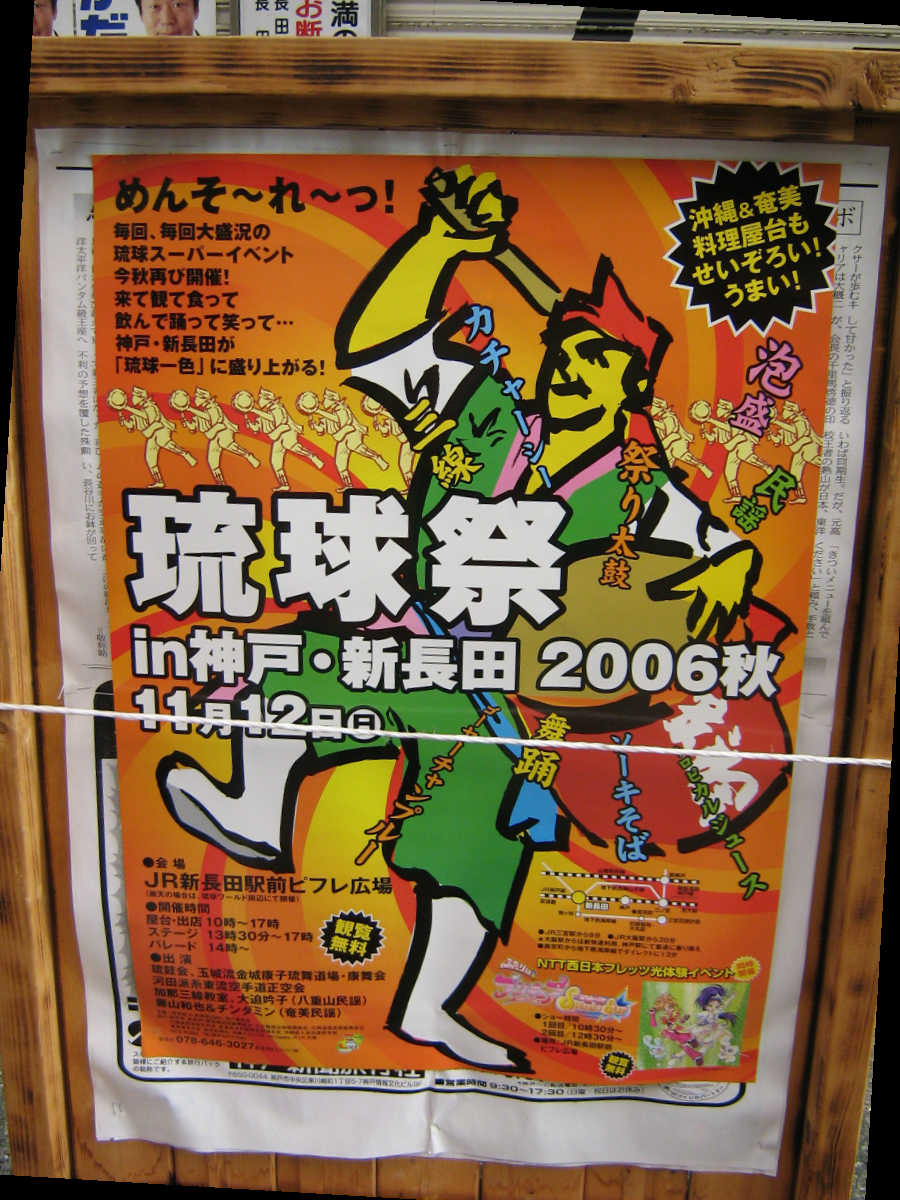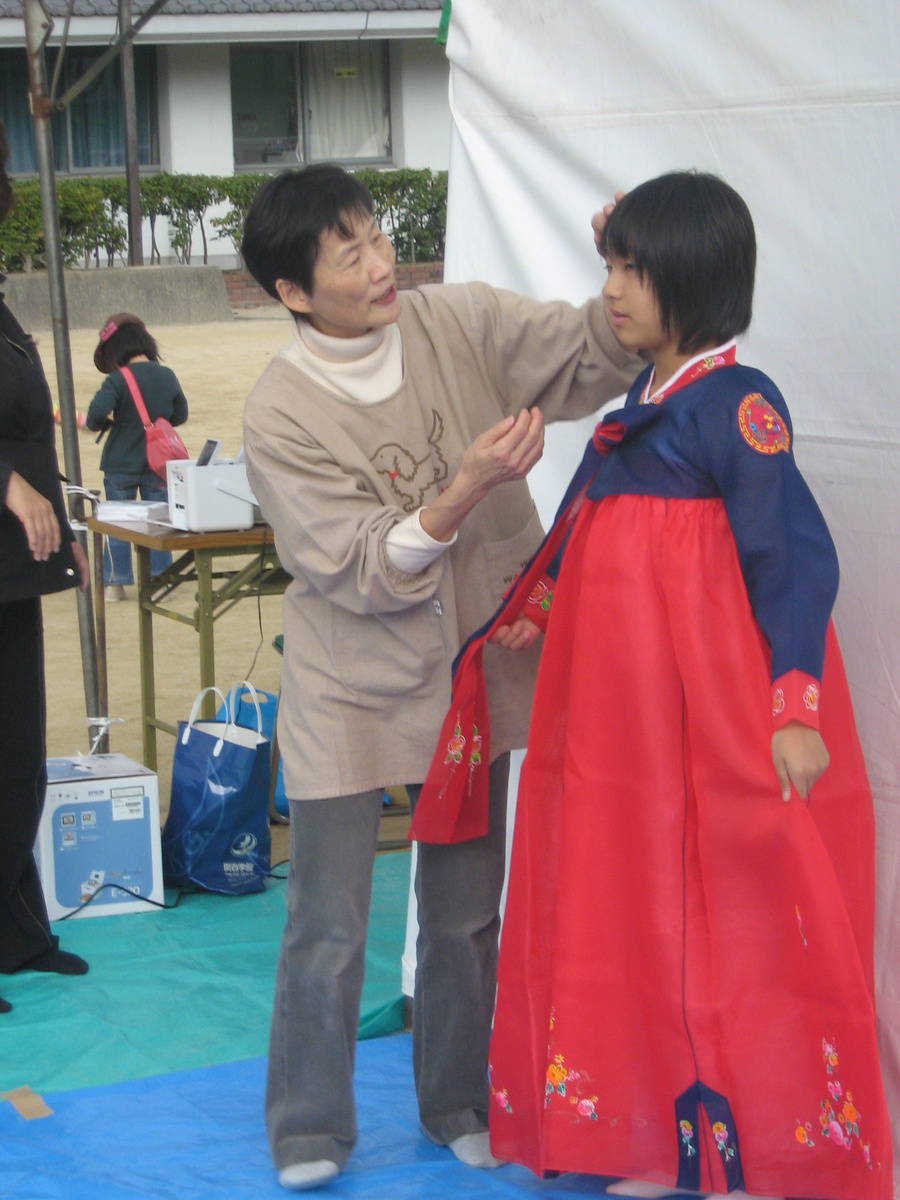多文化主義のローカル化とナショナリズム
Localized Multiculturalism and Nationalism
日本拠点代表者 Principal Investigator in Kobe Universitiy:
- 岡田 浩樹 Hiroki OKADA
- (神戸大学国際文化学研究科教授)
相手国拠点代表者 Principal Investigators in the Oversea Partner Universities:
- Yung-Ho IM
- (Director, Institute for Social Science Research, Pusan National University)
- NGUYEN Thu Huong
- (Vice dean, Faculty of Japan Study, Vietnam National University)
グローバル化に伴う移民・移住労働の現象は、いわゆる多文化主義に基づく社会政策を生み出してきた。多文化主義については、従来、アメリカ合衆国やカナダ、オーストラリアなどの移民社会、あるいはヨーロッパにおいて展開されてきたが、近年、少子高齢化などの要因により他地域からの移住者が増加の方向に進みつつある日本、東アジア、さらにはASEAN域内で、いかに欧米で展開されてきた多文化主義を受け入れるかという問題とナショナリズムの復元力とが葛藤を生み出している。その例として、日本の多文化共生政策、韓国の「移民政策」、各地で試みられている複数言語教育などがあげられる。本共同研究では、それを「ローカル化した多文化主義」ととらえ、まずは各社会の送り出し・受け入れ状況、多文化主義のローカル化の理論と実際との乖離についての基本情報を共有し、問題点を明らかにしていく。
The phenomenon of immigration and movement of migrant workers as a result of globalization has led to the creation of social policies based on the so-called multiculturalism. Multiculturalism traditionally evolved through the immigrant societies of the United States, Canada, Australia, and Europe; however, recently, the numbers of migrants in Japan, East Asia, and the ASEAN nations have been progressively increasing due to the declining birth rates and the aging societies in these regions, among other factors, and this has created conflict over how to accept the multiculturalism that has already evolved in the West and a restored sense of nationalism. Examples of these efforts are Japan’s multicultural policies, South Korea’s immigration policy, and multilingual education that has been attempted in various locations. In our joint research, we call these attempts “localized multiculturalism,” and we first share basic information about each society’s sending/receiving status, theories on the localization of multiculturalism, and divergence from this in actual practice.







